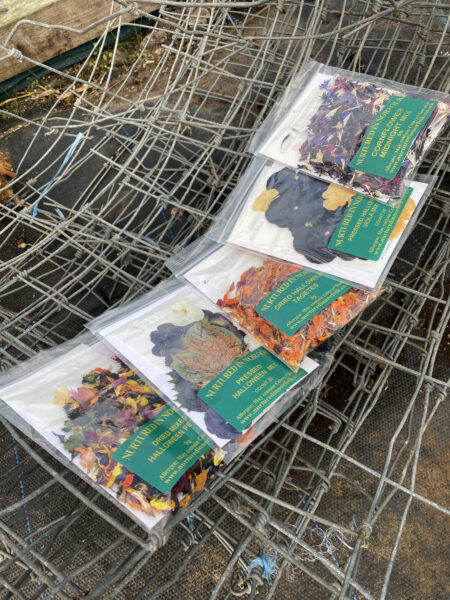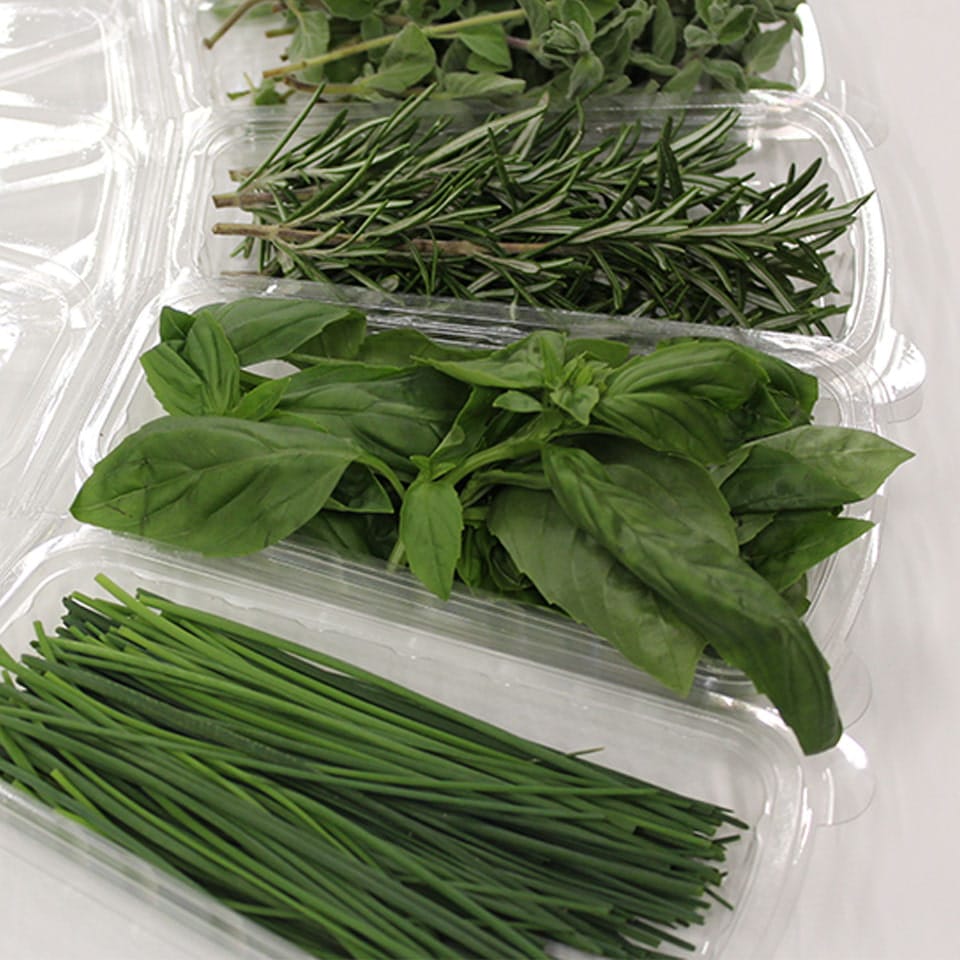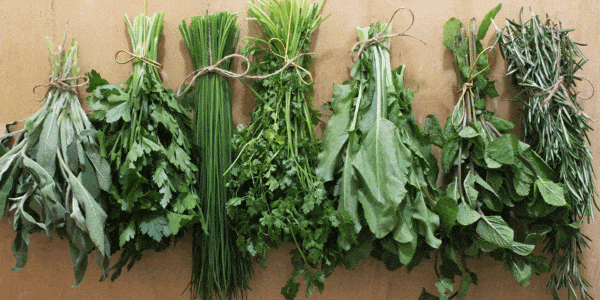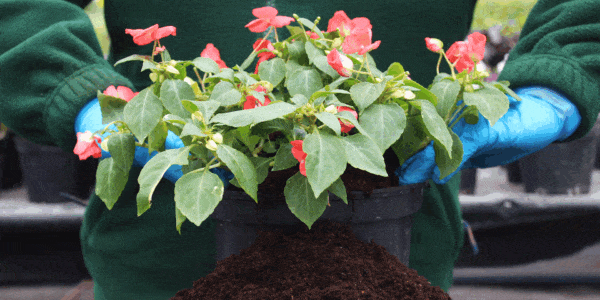 20 October 2022 | Horticulture Hacks
20 October 2022 | Horticulture Hacks
Tips on Growing your Own Bunched Herbs

Bunched Herbs are a staple in the kitchen. This week, our Head Grower answers your queries and provides tips and tricks for growing your own bunched herbs at home. If you’ve got a gardening query, be sure to get in touch with Martyn as martyn@nurturedinnorfolk.co.uk.
Dear Martyn,
Could you help me; I have been given a planter it is 36” long and 24”wide with a depth of 18” made of treated timber with a plastic lining. I have put it near my kitchen door and want to grow herbs in it, however it seems quite hard to get any from the garden centre at this time of year and I assume ones from the supermarket are for indoor use not outside. What should I look for and what can I plant now? I really want rosemary and thyme as a start.
C. Belford, Email
Dear Reader,
A collection of herbs in a container in a sunny place near the house is a great asset for both garden and kitchen. The downside is that many pot-grown herbs die out in winter. However, they can be harvested in autumn and stored for use throughout the winter season.
Most herbs are suitable for container cultivation. They can easily be sown from seed or bought from nurseries or garden centres. Beware of the pot-grown herbs offered in supermarkets, as they are usually grown under glass and are often too lush and stressed to adapt well to life outdoors.
Sow tender herb seeds such as basil, marjoram, coriander, and tender perennials such as French tarragon indoors in spring for planting outdoors after all risk of frost passes. Some herbs can live outside all year once they are established. Try mint, oregano, rosemary, thyme and sage. These can be sown indoors as with the tender herbs, or sow them outdoors in May in containers. Delay buying herb plants from garden centres until the weather warms up in late spring. Winter planted herbs are vulnerable to root damage in the cold wet potting media.
Your container sounds ideal as herbs like a deep root run where they can be left undisturbed. Use gritty, well-drained compost, adding up to 25 percent by volume of coarse grit or perlite to a loam based compost such as John Innes No 1. Keep the compost moist, but never soggy. Use balanced fertiliser to encourage leafy growth, rather than potassium-rich fertiliser that might promote flowering.
Mint herb relishes moist, fertile soil, but is not the happiest of herbs in a pot. Replant frequently, using generous pieces of root, into rich potting media, taking care to avoid overpotting. Whenever it looks straggly, lift roots and repot into fresh compost. Larger perennials such as rosemary and sage can be left in containers for several years before repotting. Bay can also be most ornamental grown as a container plant, but use a loam-based John Innes No 3 compost.
Most herbs will look after themselves over winter if placed where they cannot be frozen, saturated by rain or allowed to become too dry. Suitable places include in the rain shadow of walls, in a cold frame or even in an open fronted shed. A sheet of glass or plywood can keep off heavy rain in wet winters. Use pot feet or stand containers on bricks to avoid waterlogging. If very cold weather is forecast, protect containers from freezing by wrapping in bubble polythene.
Some tender herbs such as basil can only be grown if brought indoors into a warm, bright frost-free greenhouse, conservatory or a sunny windowsill.
These herbs are all suitable for planting in your container for year round interest and will survive the winter: Coriander Leaf Form ‘Leisure’, Parsley ‘Gigante di Napoli’, French Sorrel, Rumex scutatus, French Tarragon, Artemisia dranunculus, Chives, Allium schoenoprasum, Lemon Thyme, Thymus citriodorus, Garden Mint Mentha spicat, Purple Sage, Salvia officinalis Purpurascens, Oregano Hot ‘n’ spicy Origanum vulgare, Common Thyme, Thymus vulgaris and Curled Parsley, Petroselinum crispum. Also woody perennials like Rosemary can be planted in the planter but go for Rasmarinus officinalis ‘Miss Jessops upright’ which will take up less room.
Jobs for this week
- Ensure your winter protection is in place for exotic plants like Bananas, most just need some straw round the stem and a plastic bag over the top to keep the water out.
- Insulate your outdoor tap to prevent it from freezing, ideally turn the water off inside and drain the tap and hoses.
- Prune Birches and Vines before Christmas to prevent bleeding from the cuts.
Martyn Davey – Head Grower
EDP Gardening Expert Columnist
… If you can’t wait for Spring to get planting, head to our web-shop where we stock all the Bunched Herbs Martyn has mentioned here. Buy bunched herbs in 20g, 50g, and 100g bunches as well as pots.

